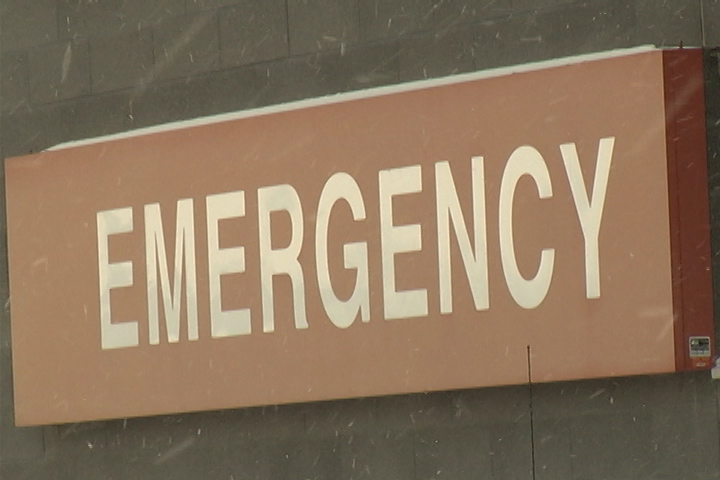Following the first confirmed case of COVID-19 in Peterborough, Peterborough Regional Health Centre (PRHC) is implementing new screening and access measures.

To protect its patients, visitors, health-care professionals, staff and volunteers, effective immediately:
- PRHC will limit public access to the hospital building. Patients and visitors should use one of two public entrances: the emergency department (ED) entrance or the Cancer Care entrance (next to the main entrance). Once construction on the main entrance is complete, it will reopen and the Cancer Care entrance will be closed to public access. Health-care professionals and staff will have separate designated entrances available 24/7 by secure card access. All other entrances will be closed until further notice.
- All patients and visitors will be screened at these two public entrances. Anyone whose travel history and/or symptoms indicate they may be at risk of having the virus will receive direction from the screener, and may be directed away from the hospital and/or advised to contact Telehealth Ontario or Peterborough Public Health for additional information/direction.
- Visitors will be limited to one person per patient. Exceptions may be made for patients in palliative care.
- Out of an abundance of caution, all PRHC volunteers will be removed from areas of service throughout the hospital.
If you suspect you might have COVID-19, the hospital is advising you to not go to the emergency department:

Get weekly health news
- Complete the COVID-19 self-assessment on the Ontario.ca/coronavirus page.
- Based on the results of your self-assessment, contact Telehealth Ontario at 1-866-797-0000 or Peterborough Public Health at 705-743-1000 ext. 401.
- If your symptoms are severe, call 911 and alert the dispatcher to your travel history and symptoms.
Confused about COVID-19? Here are some things you need to know:
Health officials say the risk is low for Canadians, but warn this could change quickly. They caution against all international travel. Returning travellers are asked to self-isolate for 14 days in case they develop symptoms, and to prevent spreading the virus to others.
Symptoms can include fever, cough and difficulty breathing – very similar to a cold or flu. Some people can develop a more severe illness. People most at risk of this include older adults and people with severe chronic medical conditions like heart, lung or kidney disease. If you develop symptoms, contact public health authorities.
To prevent the virus from spreading, experts recommend frequent handwashing and coughing into your sleeve. And if you get sick, stay at home.
For full COVID-19 coverage from Global News, click here.
- Head-Smashed-In Buffalo Jump heritage site enjoys boost after shout out on ‘The Pitt’
- What is Nipah virus? What to know about the disease as India faces outbreak
- Pizza Pops contaminated with E. coli tied to 7 hospitalizations, data shows
- Pizza Pops E. coli recall grows as roughly a dozen products now hit












Comments